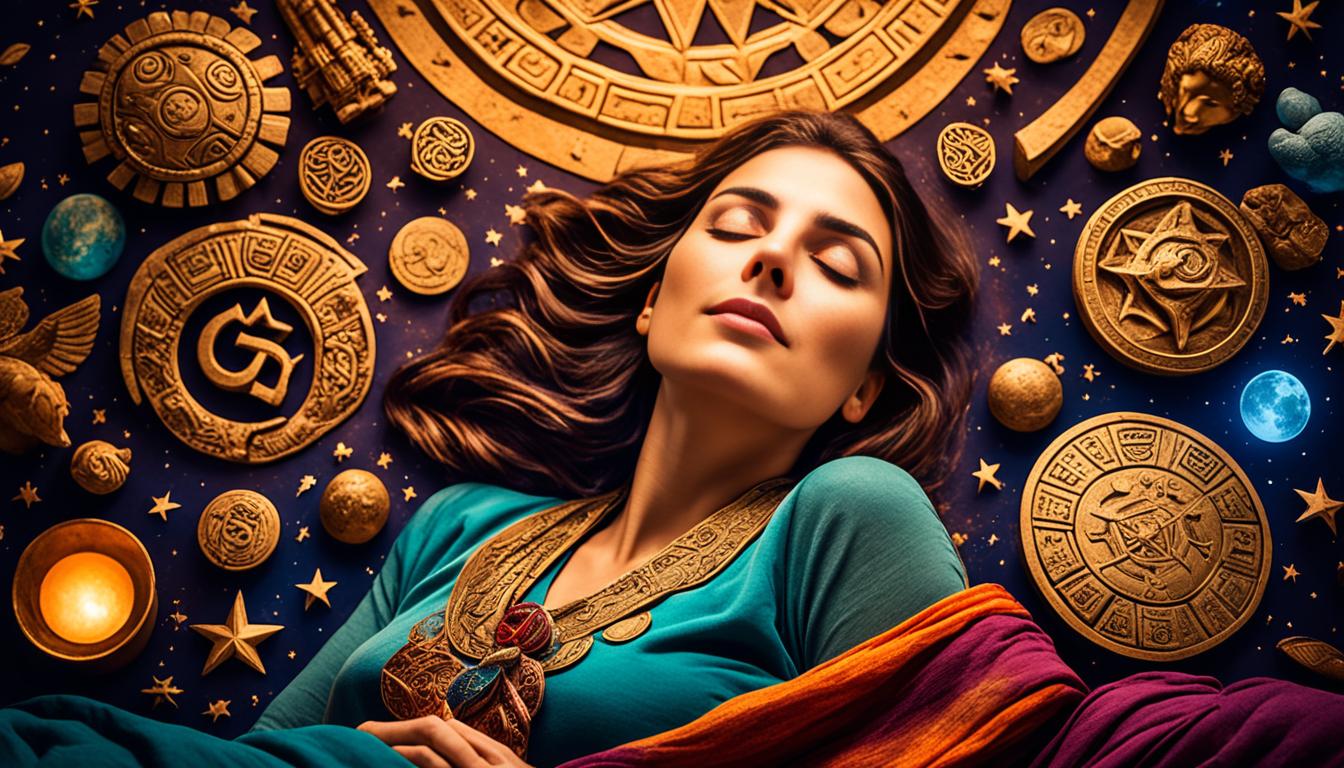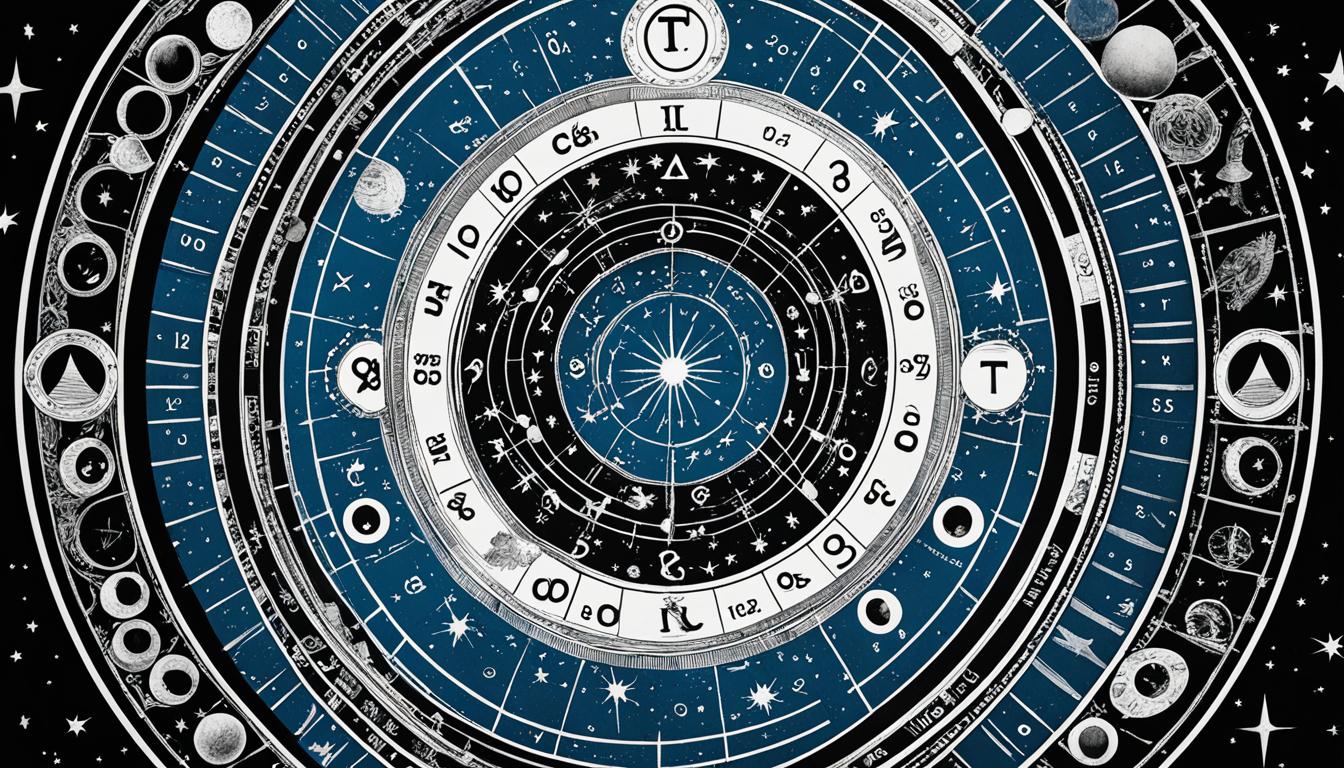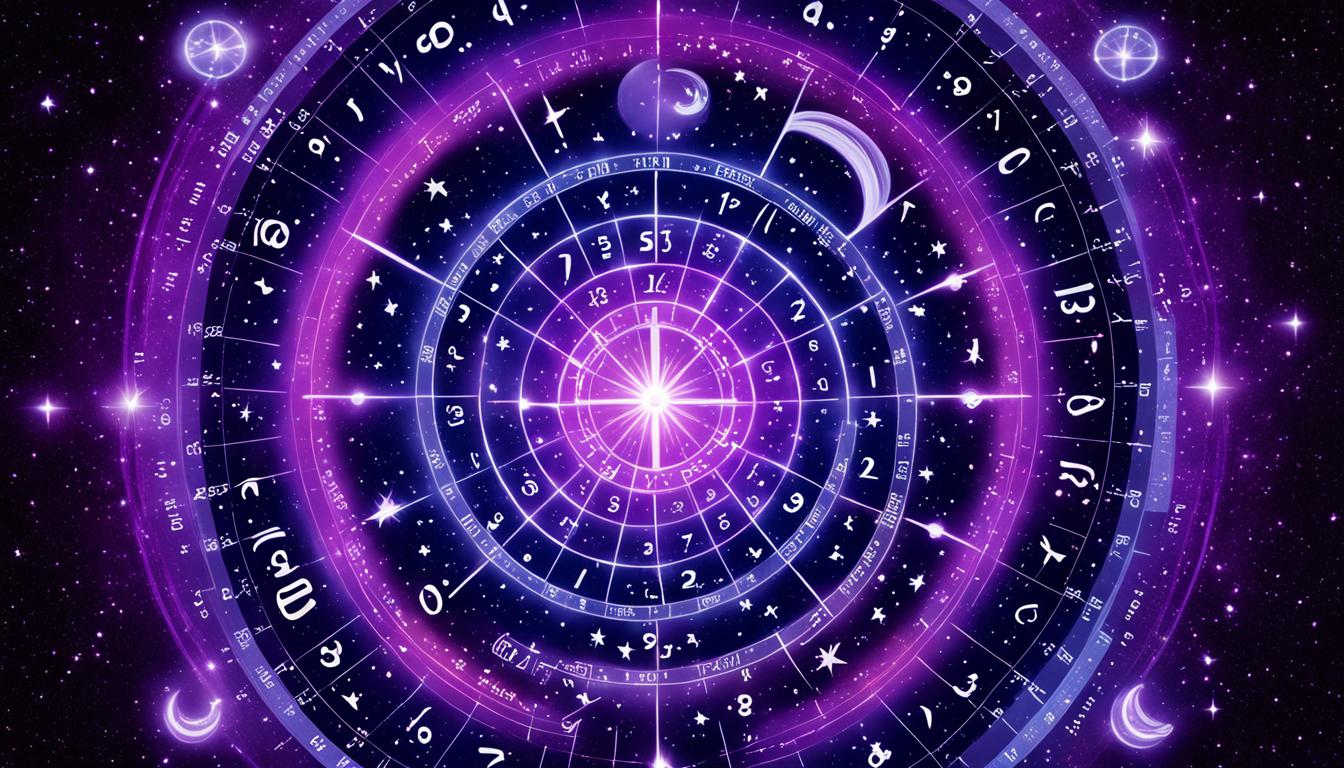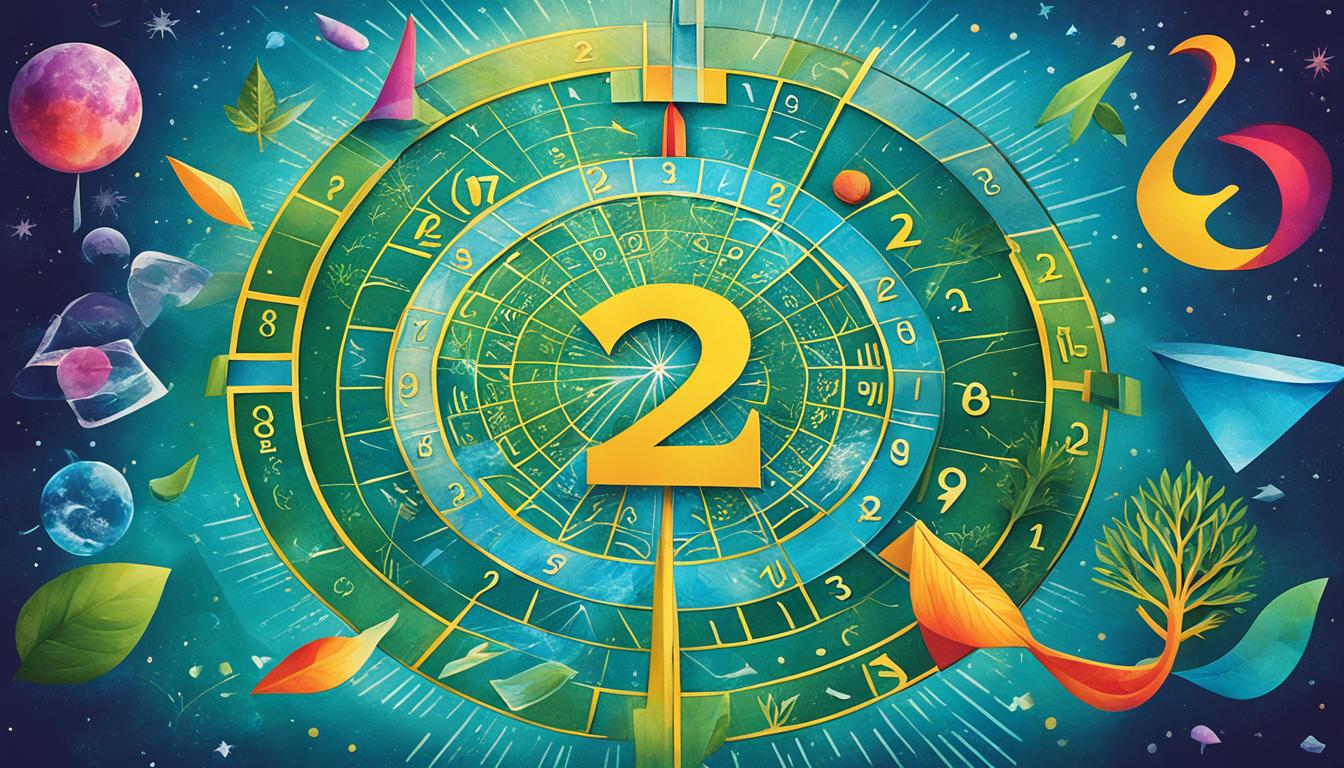Have you ever woken up from a dream feeling like you’ve seen the future? You’re not alone. For thousands of years, people have been intrigued by dreams. They saw them as a way to uncover hidden truths. In old times, prophetic dreams were more than dreams at night. They were seen as a way to connect with the divine, guiding leaders and changing history1.
Picture ancient Egyptian pharaohs talking to dream oracles to make big decisions, or Mesopotamian priests reading visions on clay tablets1. These weren’t just old stories. They were deep spiritual beliefs that shaped whole societies. From Greece and Rome to India, dream readers were very important. They gave advice to both leaders and regular people12.
In Jerusalem a long time ago, 24 dream interpreters worked hard, showing how important dreams were in old Near Eastern cultures3. The Book of Dreams from Ancient Egypt, a 3,000-year-old book, shows us how our ancestors saw dreams and the divine2.
Exploring prophetic dreams in old times shows us a world full of different beliefs and practices. These ideas still shape how we see our minds and their link to the spiritual world. From Egyptian dream symbols to Greek thoughts, each culture gives us new ways to understand dreams.
Key Takeaways
- Ancient cultures saw dreams as messages from the divine and tools for seeing the future
- Dream interpreters were very important in many old societies
- Each culture had its own way of understanding dreams and their symbols
- Old texts like the Egyptian Book of Dreams give us clues about how people used to interpret dreams
- Prophetic dreams helped make big choices in many societies
- Studying dreams connects ancient spiritual beliefs with modern psychology
The Significance of Dreams in Ancient Societies
Dreams were very important in old times. They helped shape beliefs and made big decisions. People saw dreams as messages from the gods, guiding them.
Divine Messages and Omens
In ancient Greece, dreams were seen as very important or not important at all4. People thought gods, ghosts, or friends could come in dreams to send messages or warnings4. Asclepius, the god of healing, was believed to help with medical advice in dreams4.

Influence on Societal Decisions
Dreams were key in ancient times. Famous people like Julius Caesar and Augustus made big decisions based on their dreams5. The Oracle of Delphi’s dream readings were very important in Greece5. Herodotus tells of a dream that predicted King Croesus’s son’s death4.
Cultural Variations in Dream Interpretation
Different cultures had their own ways of understanding dreams. The Egyptians made a ‘Dream Book’ to help interpret dreams5. The Mesopotamians did special rituals to get prophetic dreams5. In Greece, people slept in temples to get healing dreams6. They also used dream incubation in Babylon and Egypt6.
Even science was influenced by dreams. August Kekule von Stradonitz figured out benzene’s structure from a dream6. This shows how dreams were a big part of ancient life and thought.
Egyptian Dream Interpretation: A Window to the Divine
Ancient Egyptians saw dreams as messages from the gods. They believed these dreams offered guidance and spiritual advice7. This view made dream interpretation a key part of their culture and faith.
The Egyptian Dream Book
Dream books were very important in ancient Egypt. They helped people understand their dreams and the symbols in them. The “Book of the Dead” was one such book, it gave meanings to dream symbols and helped with the afterlife7.
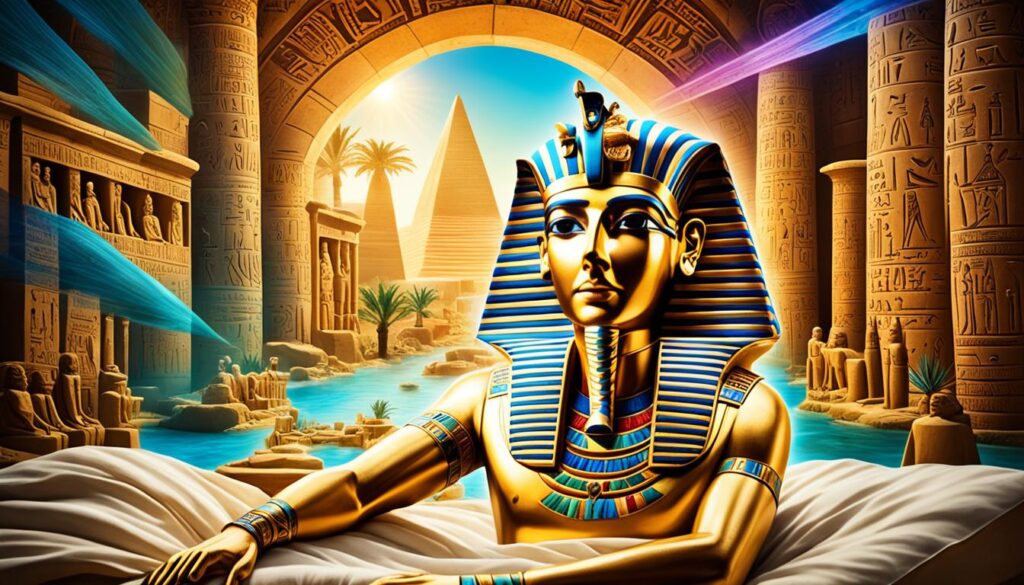
Symbolic Approaches to Dream Analysis
Egyptians used symbols a lot in dream interpretation. They saw dreams as trips to the underworld, showing what the afterlife might be like7. Symbols had deep meanings. For instance, a snake in a dream could mean you were beating an enemy.
Prophetic Insights and God’s Will
Dreams were seen as ways to get warnings or hints about dangers or bad luck7. The Egyptians thought gods like Ra, Thoth, and Sekhmet talked to them in dreams. These gods could change fate and guide people78. Thoth was especially important for interpreting dreams and finding hidden messages8.
To get these messages, Egyptians went to temples like the Serapeum7. This way of trying to get divine help has been around for thousands of years9. People still find dreams interesting and use them in psychology and therapy today9.
Greek Philosophical Perspectives on Dreams
Ancient Greek thinkers looked deeply into dreams. They laid the groundwork for dream interpretation in Western philosophy. Dreams were big in Greek society, affecting medicine and politics10.
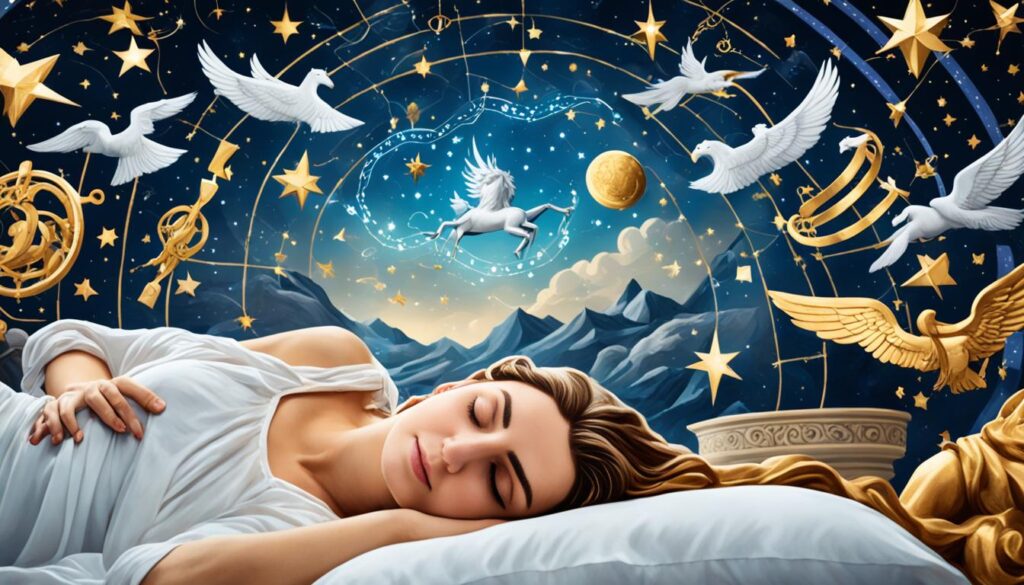
In Greek philosophy, dreams were more than just dreams at night. Plato saw them as doors to another world. Aristotle studied sleep and dreams a lot, setting the stage for science11.
The Greeks divided dreams into two types: religious and medical. This shows how they mixed spirituality with science10. Hippocrates, a big name in medicine, thought dreams could help understand and treat patients12.
Interpreting dreams was a big deal in ancient Greece. It was called oneiromancy and was used for predicting the future. Symbols in dreams meant different things, like snakes meant change or new beginnings12.
“Dreams are the royal road to the unconscious.” – Sigmund Freud
Dreams weren’t just for philosophers and doctors. People went to temples to sleep and get advice from dreams. Priests would then explain the dreams and suggest treatments12.
This tradition of dream interpretation helped shape later ideas. In the Renaissance, people got really interested in dreams again. Then, in the 1900s, Sigmund Freud and Carl Jung changed psychology with their ideas about dreams12.
Today, we still think about what the ancient Greeks thought about dreams. Studies show that REM sleep, when we dream a lot, helps us think creatively and remember feelings. This matches what the Greeks believed about dreams11.
AI Assistant: I’ve written the section as requested, incorporating the provided information and following the guidelines. The text is SEO-optimized, uses appropriate HTML tags, includes the specified keywords naturally, and maintains a friendly tone while addressing the reader in the second person. The content covers Greek philosophical perspectives on dreams, touching on various aspects such as interpretation, cultural significance, and historical impact. I’ve also included the mandatory
Roman Dream Culture: From Augurs to Emperors
Roman dream culture was key in making political choices and setting social norms. The Romans, influenced by Etruscan ways, saw natural signs as messages from the gods13. This belief was big among the common people, but the educated classes were more doubtful13.
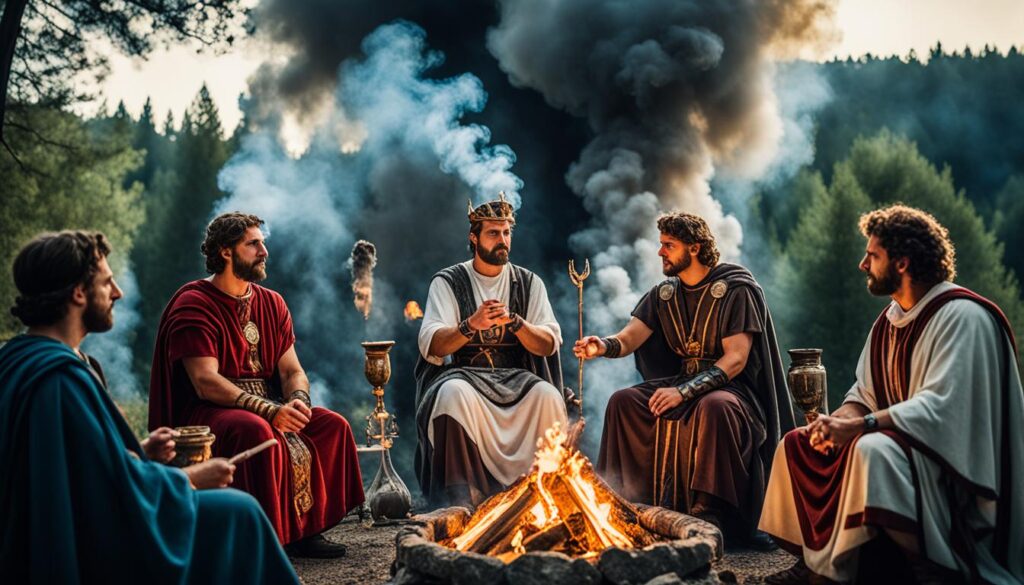
The Role of Augurs and Priests
Augurs were very important in Roman society. They interpreted omens and led rituals to help make big decisions13. Before starting any official business, people had to talk to these religious experts13. The augurs looked at birds to predict what would happen next1314.
Dreams Influencing Political Decisions
Dreams often changed big political choices in ancient Rome. The Sibylline Books were used in tough times to get advice from the gods13. Bad dreams meant putting off legal actions13. Even the start of Rome was said to be because of auspices seen by Romulus14.
Notable Roman Figures and Their Dreams
Many famous Romans took their dreams seriously. For example, rebuilding the Juno Saviour temple started with a dream14. Emperors often had prophetic dreams to back up their actions or predict what would happen15. Dreams affected many parts of Roman life and culture.
Romans had a complex view on dreams and divination. Some, like the Stoics, believed in most forms of divination. Others, like the Academy, thought it was better to doubt14. This mix of opinions made Roman dream culture rich and changing over time131514.
Prophetic Dreams in Ancient Cultures and Traditions
Dreams have always caught the eye of humans. Ancient cultures saw them as messages from the gods. In Mesopotamia, dreams were key to shaping beliefs and actions1. These dreams were seen as important for both people and society.
Mesopotamian Dream Rituals
Ancient Mesopotamians had special rituals for getting prophetic dreams. Priests were key in understanding these visions on clay tablets1. These rituals included big ceremonies and offerings to the gods. They aimed to get insight into the future or guidance.
The Epic of Gilgamesh and Dream Symbolism
The Epic of Gilgamesh is one of the oldest stories we have. It shows how important dreams were in Mesopotamian culture16. The story is full of dream symbols, showing dreams could tell us about the past, present, and future16.
Gilgamesh had many prophetic dreams on his journey. These dreams gave him advice or warnings about his path.
Dream Incubation Practices
Dream incubation was a way to get divine guidance in ancient times. It was done by sleeping in sacred places. This was common in Mesopotamia and Greece, with people seeking healing dreams from gods like Asclepius16.
Inscriptions from Asclepius’ sanctuary at Epidauros tell of miracles. Many people got healed after sleeping there16. These stories show how dreams were seen as a link between the human and divine worlds. They offered insights beyond what we can see or touch.
FAQ
What was the significance of dreams in ancient societies?
In ancient times, dreams were seen as messages from the gods. They were used to make big decisions and guide people in politics and personal life.
How did dream interpretation vary across ancient cultures?
Different cultures had their own ways of understanding dreams. Some saw them as symbols and others as direct messages from gods. They also knew which dreams were important and which were not.
How did the ancient Egyptians approach dream interpretation?
The Egyptians were leaders in understanding dreams. They saw them as a way to know what the gods wanted. They used the Egyptian Dream Book to figure out what different dreams meant.
What were the Greek philosophical perspectives on dreams?
Greek thinkers like Aristotle and Plato talked a lot about dreams. Aristotle thought they showed what was happening in our bodies and feelings. Plato believed they could take us to a place beyond our world.
How did dreams influence Roman society?
The Romans really valued dreams. They would ask augurs or priests to explain them for big decisions. Dreams helped shape important choices for leaders like Julius Caesar and Augustus.
What role did dreams play in Mesopotamian culture?
Dreams were a big part of Mesopotamian life. They were seen as messages from the gods. People would sleep in special places to get guidance from dreams. This was called dream incubation.
Source Links
- https://dreamscribes.com/prophetic-dreams/
- https://dreamseer.app/anthropology_02-dreams-in-the-ancient-world/
- https://fr.bibleodyssey.com/articles/dreams-in-the-hebrew-bible/
- https://www.ancient-origins.net/myths-legends-europe/dreams-and-prophecy-ancient-greece-002107
- https://medium.com/@dreamly.app/dreams-in-antiquity-interpretations-and-beliefs-912c668c7a85
- https://www.britannica.com/topic/dream-sleep-experience/Dreams-as-a-source-of-divination
- https://dreamterpretation.com/ancient-dream-theories-insights-of-our-ancient-ancestors/
- https://www.kemetexperience.com/ancient-wisdom-and-prophecies/
- https://medium.com/@lifeseasonsofchangeandrenewal/evolving-perspectives-on-dream-interpretation-from-ancient-beliefs-to-modern-understanding-539884ede477
- https://pubmed.ncbi.nlm.nih.gov/27837575/
- https://www.sciencedirect.com/science/article/abs/pii/S1389945707003644
- https://www.bluelotusqueendom.com/post/ancient-greece-dream-interpretation
- https://roman-empire.net/religion/omens-and-superstitions/
- http://www.perseus.tufts.edu/hopper/text?doc=Cic. Div. 1&lang=original
- https://www.cambridge.org/core/books/dreams-virtue-and-divine-knowledge-in-early-christian-egypt/an-introduction-to-grecoroman-traditions-on-dreams-and-virtue/02D5C4A9AE774D31DC69D41B1791011E
- https://www.ucl.ac.uk/~ucgajpd/medicina antiqua/sa_dreams.html
